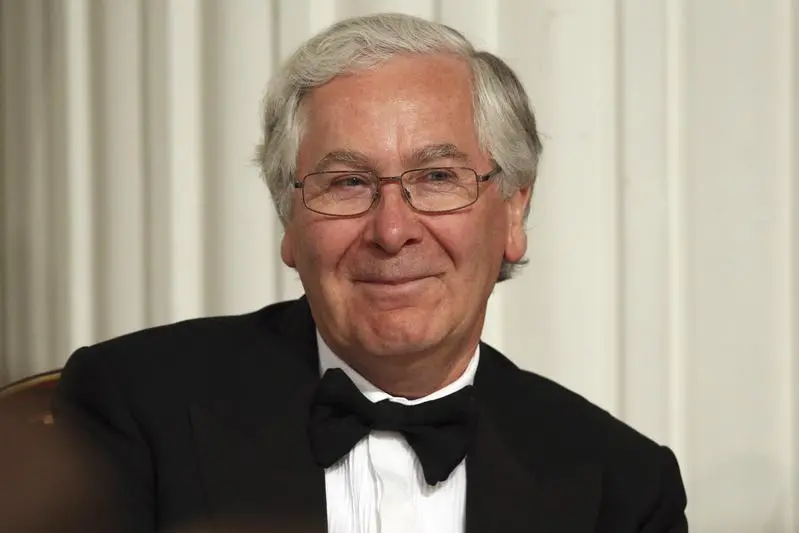PHOTO
LONDON- Britain faces a "much more serious" economic challenge now than in 2008 when the country's banking system almost collapsed, and must be prepared for far higher borrowing, former Bank of England Governor Mervyn King said on Monday.
King headed the BoE between 2003 and 2013 and was criticised for a slow initial response to the collapse of British lender Northern Rock in 2007, though the BoE under his stewardship received praise for its later policy actions.
King said the policy challenge and potential economic damage from the coronavirus were even graver than in 2008-09, when Britain suffered its worst recession since the 1930s.
"I think this is much more serious and much more difficult to cope with," he told the BBC. "In the financial crisis we were dealing with a relatively small number of financial institutions. We knew broadly what we had to do. In this case the situation is extremely uncertain," he added.
Facing the coronavirus, Britain's Conservative government has promised 330 billion pounds ($381 billion)of loan guarantees to firms and unprecedented support for them to keep paying staff wages, and the BoE has launched a record 200 billion pounds of asset purchases.
Many businesses are fighting for survival. The government ordered on Friday the closure of pubs, restaurants, gyms and other places where people gather to slow the spread of the disease.
"I’m sure there will be more packages down the road," King said, adding that the government should be given time to come up with measures to support the incomes of the self-employed.
Finance minister Rishi Sunak on Friday declined to put a figure on how much support measures to date would cost, and King said it was unrealistic to estimate this now.
"In the end this will have to be paid for by much higher borrowing. We shouldn’t worry about the scale of that at this stage," he said. "The government needs to step in as the 'purchaser of last resort'."
King sounded much more concerned about higher public borrowing in 2009, when he said the then Labour government's pre-crisis fiscal policy had been "unsustainable", and that rapid action would be needed to reduce the budget deficit.
Speaking on Monday, King accepted it was inevitable British economic output would shrink in the short term, but said it would be wrong to view it as a conventional recession, as the shutdown had been ordered by the government.
"I don't think words like recession or depression are helpful in this context. In order to deal with a health crisis, the government is deliberately pressing down on economic activity ... and at some point there will be a rebound." ($1 = 0.8645 pounds)
(Reporting by David Milliken; editing by Guy Faulconbridge) ((david.milliken@reuters.com; +44 20 7542 5109; Reuters Messaging: david.milliken.thomsonreuters.com@reuters.net))





















